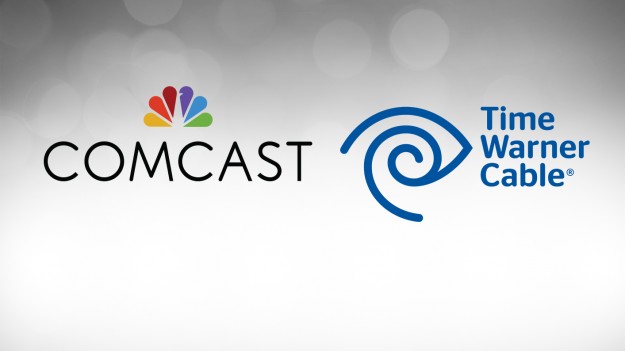FCC chairman Tom Wheeler just gave a tough speech about the state of broadband competition in the United States and it seems to bode very poorly for Comcast’s proposed merger with Time Warner Cable. Per The Washington Post, Wheeler ripped into what he said were broadband “duopolies” in many markets while noting that “meaningful competition for high-speed wired broadband is lacking.”
RELATED: Think Comcast’s customer service is bad now? Just wait until it merges with TWC
In his speech, Wheeler noted that although a majority of Americans do have a choice of two or more providers when it comes to services that deliver download speeds of 4Mbps or higher, this percentage shrinks drastically as speeds increase. And given that many of the 4Mbps services today are DSL services that ISPs such as Verizon and AT&T simply don’t want to upgrade, it’s hard to see the competitive landscape for faster speeds getting any better anytime soon.
“A 25 Mbps connection is fast becoming ‘table stakes’ in 21st-century communications,” he said.
Wheeler also vowed not only to protect competitive markets where they already exist but to find ways to spur more competition in noncompetitive markets.
While he never mentioned the Comcast-TWC merger, these remarks seem to indicate that Wheeler looks upon it unfavorably since it would take the two largest cable companies in the United States and make them even bigger. After all, fostering competition will only get harder when there’s one mammoth company that dominates high-speed broadband access in the United States.






